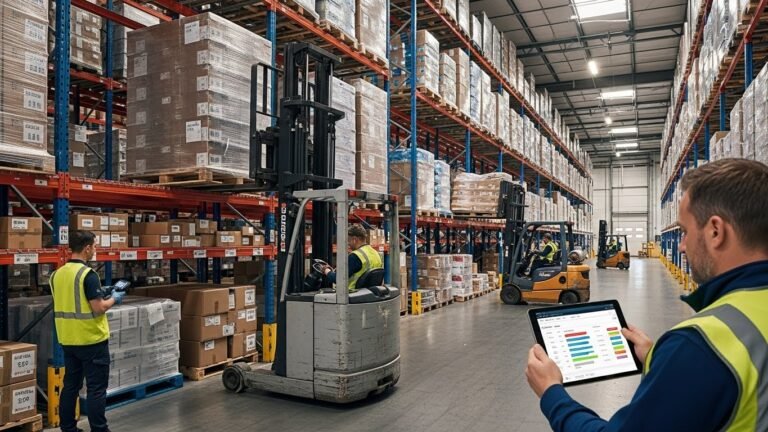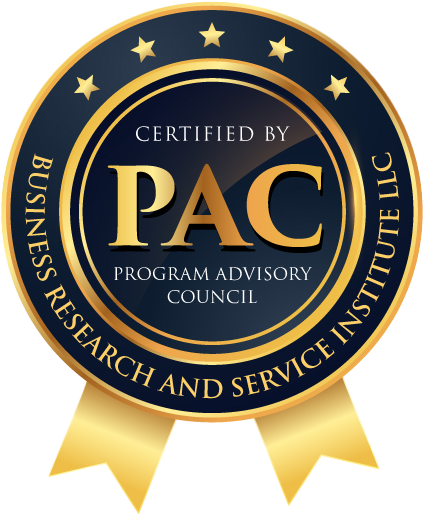Apart from the above-mentioned basic roles, there are three functional roles of IT in supply chain management. These are:
Related: The Role of IT in Supply Chain Management
1. Transaction execution
When information flows efficiently between the participants of the supply chain, the number of transactions between them is reduced. IT increases the efficiency of repetitive data exchanges. This data is usually appropriate for delivery verification, order processing, billing, and dispatch advice.
2. Collaboration and coordination
IT renders the flow of information. This makes for easier planning, coordination, and improved collaboration between all participants. Demand forecasts make it possible to plan for the future, and order tracking makes knowing the physical location of each order a reality. Neither of these activities is possible without IT.
3. Decision support
Good decisions cannot be pulled out of thin air. They are and should be based on data. IT is a huge benefit in decision support. It can collect even the most complicated set of data and convert it to easy-to-understand charts and reports. In this context, IT extends decision support to all managers.
Related: The use and potential abuse of AI
You Should Also Read:
The Role of IT in Supply Chain Management
How Does Information Technology Affect Supply Chain Management?
The Impact of Supply Chain 4.0

Danish Mairaj is a medical device expert with a strong focus on regulatory and quality compliance. He has been involved in managing clinical trial infrastructure including supplies and logistics. He has over 15 years of experience in the MedTech and Pharmaceutical industry. He is a certified Product Owner, Scrum Master, and Project Management Professional PMP. He studied Biomedical Engineering in Germany and MedTech Regulatory & Quality in Galway, Ireland. He contributes articles to the BRASI newsletter.
- Danish Mairaj#molongui-disabled-link








